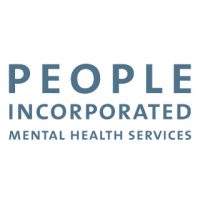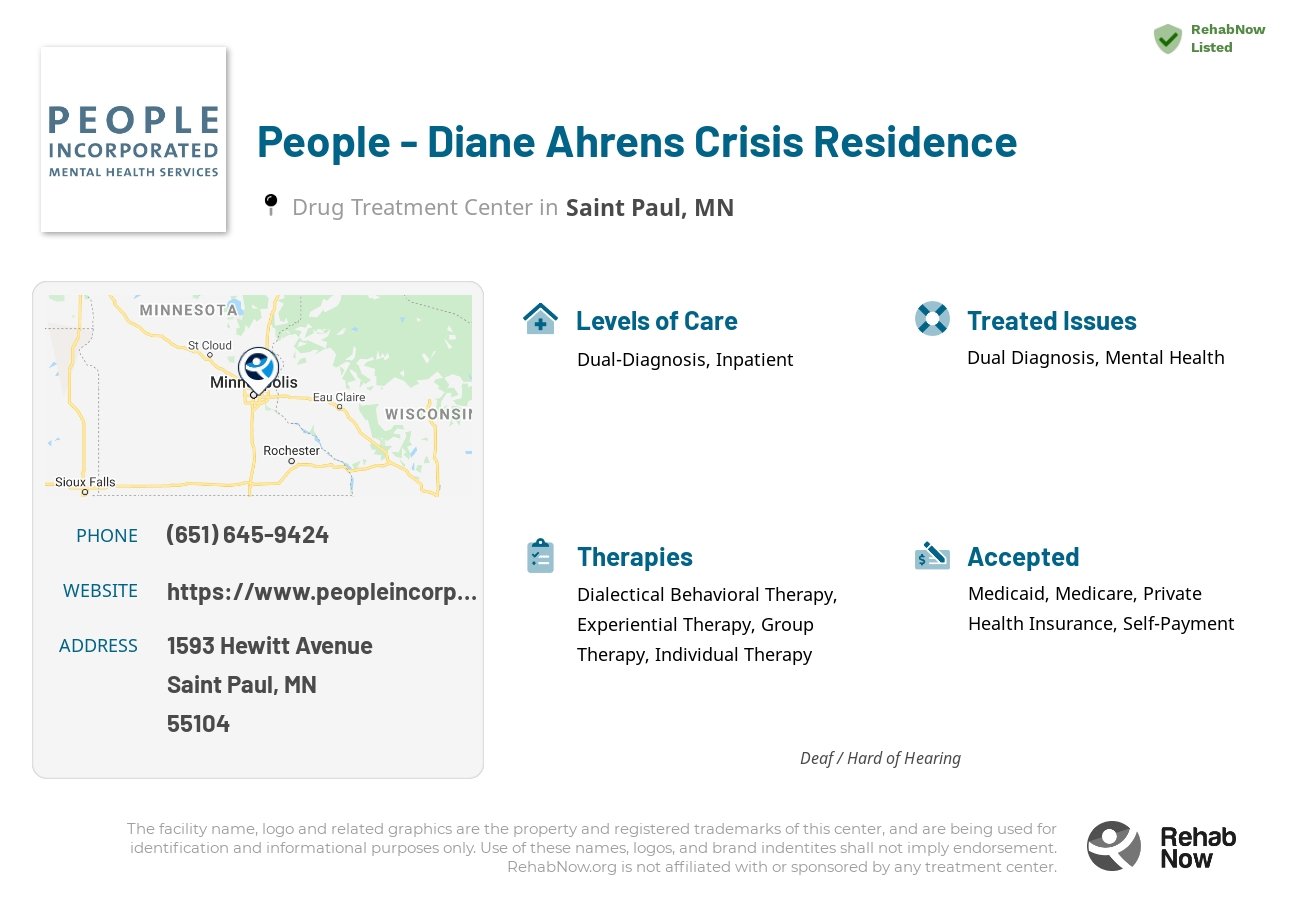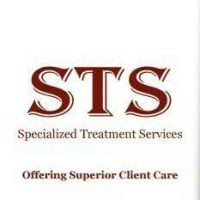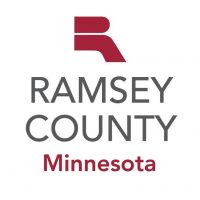
People - Diane Ahrens Crisis Residence
Drug Rehab Center in Saint Paul, Minnesota
- Mental Health
- Dual Diagnosis
People - Diane Ahrens Crisis Residence in Saint Paul, Minnesota is an addiction treatment facility that offers specialized care for dual diagnosis, mental health, drug addiction, alcoholism, and substance abuse, providing services such as assessments, counseling, medication management, family therapy, and support services to help individuals achieve recovery and a healthy, productive life.
About People - Diane Ahrens Crisis Residence in Minnesota
Located in Saint Paul, Minnesota, the People Incorporated–Diane Ahrens Crisis Residence stands out as an inpatient mental health and dual diagnosis care facility dedicated to adults. By providing mental health assessment, crisis stabilization, and intensive residential care, it notably addresses the specific needs of seniors, young adults, and individuals with hearing impairments through personalized treatment modalities.
- Tailored Care for Diverse Needs: Services are specifically designed for seniors, young adults, and persons with hearing impairments, ensuring personalized and effective treatment.
- Intensive Residential Program: Clients benefit from a home-like setting with 24/7 clinical supervision, focusing on recovery in a nurturing environment.
- Comprehensive Aftercare Planning: The facility offers robust aftercare planning and support, aiding clients in their transition to less intensive care or outpatient treatment.
Boasting accreditations from SAMHSA and a state license, the Diane Ahrens Crisis Residence ensures high-quality care for its clients. Accepting a variety of payment options including private insurance, Medicare, Medicaid, and self-pay, it aims to make comprehensive mental health and dual diagnosis treatment accessible. Financial aid further assists those in need.
The residence specializes in treating individuals facing mental illness and/or co-occurring addiction, employing evidence-based treatment methods like trauma-informed care, cognitive behavioral therapy (CBT), and dialectical behavior therapy (DBT). Levels of care vary from intensive residential care to outpatient services, tailored to the unique recovery journey of each client.
Genders
Ages
Modality
Additional
Accreditations
State License
SAMHSA
Conditions and Issues Treated
Dual diagnosis refers to someone who has both an addiction and a mental or emotional illness. Dual diagnosis treatment includes therapy for both issues simultaneously, allowing for effective treatment of either.
Sometimes people with addiction disorders also have co-occurring disorders like depression, anxiety, bipolar disorder, etc. These require specialized treatment programs that address both drug and alcohol addiction as well as psychiatric illnesses. Some rehabilitation facilities provide patients with co-occurring disorders a program with highly integrated services and a clean, distraction-free environment.
Levels of Care Offered
This center offers a variety of custom treatment tailored to individual recovery. Currently available are Dual-Diagnosis, Inpatient, with additional therapies available as listed below.
Inpatient treatment is a form of recovery used in drug rehab. Inpatient recovery offers individual therapy, groups, and family therapy to ensure that the addict has the best recovery possible. A variety of treatments are provided in this type of recovery, depending on what treatment the addict needs at that particular time.
The length of inpatient addiction treatment depends on the addict and their addiction. Inpatient rehabilitation can last anywhere from 30 days to 90 days, depending on how severe the drug abuse is. Inpatient rehab is a costly drug treatment, costing anywhere from $30k- to $60k. However, insurance often offers help in covering these costs.
Therapies & Programs
Different people react differently to various treatment options. Some drug rehabilitation centers offer individualized treatment that caters to the specific needs of a drug addict. The best treatment option varies on an individual depending on the type of drug abused, life history, medical condition of the person, social circumstances, and the environment they live in now.
When a person enters drug rehab, they usually have anti-drug associations such as withdrawal symptoms, stress, cravings, etc. The first step of drug rehab is to detoxify the body from any residual substances in it. Drug rehabilitation centers usually employ trained medical professionals to help in this process. Usually, the initial detoxification lasts for five days, where the person is monitored under close supervision.
Attending group therapy at People - Diane Ahrens Crisis Residence in , is a useful way for those seeking sobriety to realize they aren’t the only one going through it.
This is when a group of people on different recovery phases get together and talk about what they’re going through, their triggers, successes, and failures. This can include alternative types of therapies too! Group therapy may occur on an outpatient or inpatient basis with groups that have no pre-existing relationships outside the session, unlike support groups where everyone already knows each other beforehand.
This type of cognitive-behavioral therapy helps people understand how their thoughts, behaviors, and feelings are interconnected. It can help patients with borderline personality disorder gain control over their actions and stop self-harming thoughts and attempts.
Cognitive Behavioral Therapy is a type of psychotherapy that helps people address the thoughts and behaviors that may have led to their addiction. It also helps change negative thoughts into positive ones and promotes healthy communication between addicts and those around them. CBT is an efficient treatment for individuals suffering from all sorts of addictions.
Cognitive Behavioral Therapy (CBT) focuses on the underlying thoughts and behaviors that caused the problem of addiction in the first place and may cause a relapse. Negative feelings are common in drug abuse disorders, but they can lead to co-occurring disorders if not recognized. CBT involves strategies that help to change the behavior pattern by restructuring negative thoughts into positive ones. It helps to remove these feelings, and it provides long-term benefits. Also, CBT promotes self-awareness, self-control and can be administered as a mono-therapy or as part of combination therapy.
Patient Experience
Experiential Therapy at People - Diane Ahrens Crisis Residence
Experiential therapy is a type of therapeutic approach that focuses on having patients work through problems, issues, or emotions by engaging directly in some real experience. It occurs face-to-face with a therapist who helps these people to explore their feelings first hand. The hope is that when this happens, the patient will feel driven to turn away from their destructive behavior and instead take up positive behaviors or coping mechanisms. Direct experience methods, role play, psychodrama, interpersonal and social learning are a few different forms of experiential therapy.
Payment Options Accepted
For specific insurance or payment methods please contact us.
Is your insurance accepted?
Ask an expert, call (888) 674-0062
People Associated Centers
Discover treatment facilities under the same provider.
Learn More About People Centers
Additional Details
Specifics, location, and helpful extra information.
Saint Paul, Minnesota 55104 Phone Number(651) 645-9424 Meta DetailsUpdated April 15, 2024
Staff Verified
People - Diane Ahrens Crisis Residence Patient Reviews
There are no reviews yet. Be the first one to write one.
Saint Paul, Minnesota Addiction Information
Minnesota is fighting an opioid epidemic that is leaving hundreds of its residents dead each year. Both prescription opioids and illicit opioids are widely abused in the Land of 10,000 Lakes. Heroin continues to be one of the most commonly abused drugs in the state, if not the most common illicit drug. Over 10% of all treatment admissions in Minnesota list heroin as their drug of choice.
Methamphetamine use has led to increased crime in Saint Paul, MN. There were 1,497 drug-related crimes in Saint Paul in 2017. This number represents a 9% increase from the previous year. The community has been hit hard by the opioid epidemic as well. The greatest way to locate the finest rehabilitation facility in Saint Paul, Minnesota, is to inquire about it by talking with your friends, family, and coworkers.
Treatment in Nearby Cities
- Saint Louis Park, MN (9.9 mi.)
- Staples, MN (124.2 mi.)
- Hutchinson, MN (59.1 mi.)
- Montevideo, MN (125.1 mi.)
- Grand Rapids, MN (158.0 mi.)
Centers near People - Diane Ahrens Crisis Residence



The facility name, logo and brand are the property and registered trademarks of People - Diane Ahrens Crisis Residence, and are being used for identification and informational purposes only. Use of these names, logos and brands shall not imply endorsement. RehabNow.org is not affiliated with or sponsored by People - Diane Ahrens Crisis Residence.








